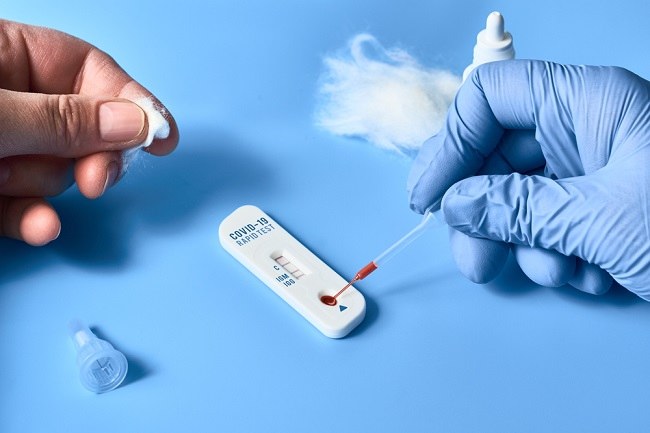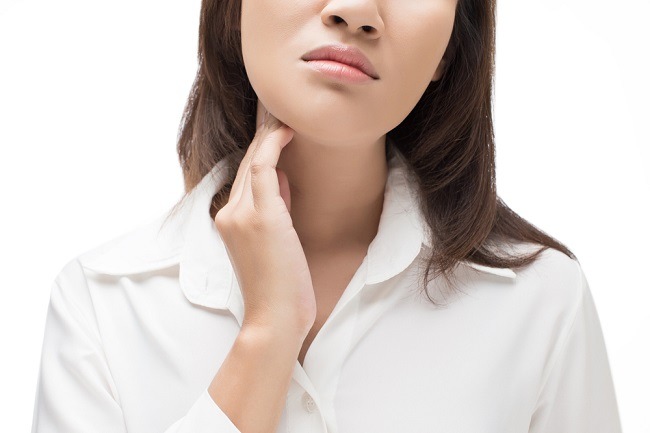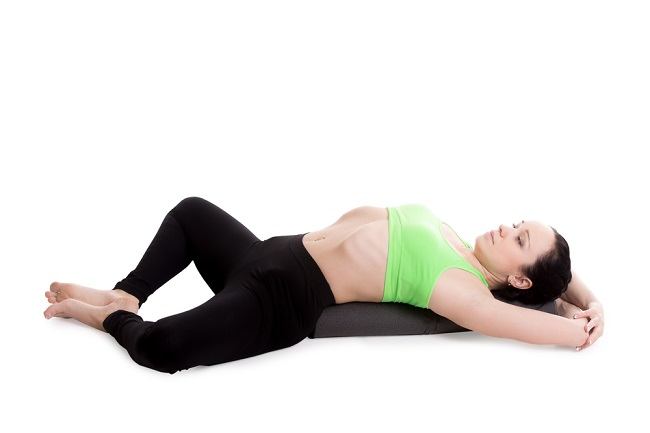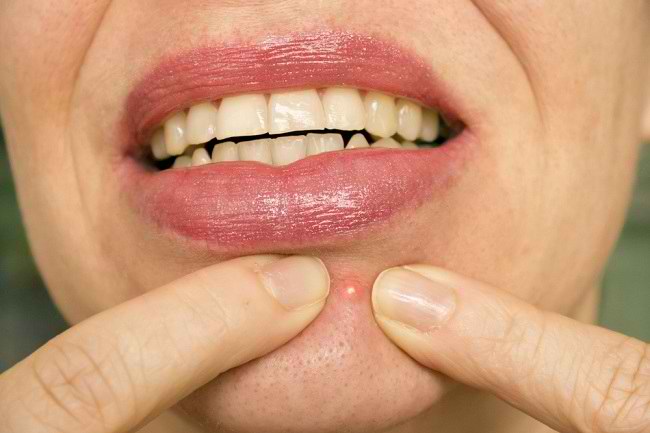Many people think that the benefits of sunglasses are just to support their appearance. In fact, sunglasses have such great benefits, namely protecting the eyes from the dangers of the sun and preventing eye diseases.
Eyes are one of the five senses that play an important role in daily activities. Therefore, their health needs to be maintained, especially from various things that can cause vision problems and one of them is sun exposure.

Morning sun is good for health. However, it is different during the day. The sun's rays at midday can emit ultraviolet radiation that is stronger, precisely at 10 am to 4 pm.
UV radiation can harm eye health. Well, one form of protection against the dangers of this light is to use sunglasses.
Sunglasses untuk Prevent Eye Disease
As previously explained, sunglasses play an important role in preventing eye diseases caused by sun exposure. There are several types of eye diseases that can be caused by UV radiation, including:
1. Cataract
Cataract is a disorder that causes blurred or cloudy vision. This condition is generally experienced by the elderly, but that does not mean this condition cannot be experienced by younger people.
One of the causes of cataracts at a young age is exposure to UVA rays from the sun. This ultraviolet light can penetrate the cornea and damage the eye lens and retina, causing cataracts.
In addition to blurred vision, cataract sufferers can also experience symptoms in the form of double vision, sensitivity to light, and difficulty seeing clearly at night.
2. Pterygium
This condition is characterized by the presence of a yellowish or reddish membrane that grows on the whites of the eyes. In some cases, the tissue can grow to the cornea and cause visual disturbances.
Pterygium generally occurs in people who spend a lot of time in the sun or live in warm climates and often don't wear sunglasses.
This growing tissue is not cancerous, but if it covers the cornea and interferes with vision, surgery is needed to treat it.
3. Pinguecula
Pinguecula is characterized by the presence of yellow bumps on the conjunctiva, which is a clear and thin membrane that covers the white surface of the eyeball near the cornea.
This condition is often suspected pterygium, because it has almost similar signs and symptoms. The cause is the same, namely the frequent exposure of the eyes to the sun without wearing sunglasses. However, the two are different conditions.
4. Photoconjunctivitis and photokeratitis
Exposure to ultraviolet light that occurs in the long term can cause the cornea to be severely damaged or burned. This condition is known as photokeratitis.
A person affected by photokeratitis will experience symptoms such as dizziness, eye pain and persistent watering, swollen eyelids, red eyes, or temporary loss of vision.
Meanwhile, photoconjunctivitis is a condition when the conjunctiva of the eye becomes inflamed after several hours of exposure to the sun and is sometimes painful.
TipsChoosing and Wearing Sunglasses
Choosing sunglasses is not just for style. You should also consider the type and effectiveness in protecting your eyes from UV rays. Sunglasses can be said to be good if they are able to block 100% of UV radiation.
Choose sunglasses with dark colored lenses with even lens darkness. However, you need to remember that dark colored lenses are not a guarantee that these glasses are effective against harmful UV rays.
In addition, choose large sunglasses. The bigger the better, because it can prevent UV rays from entering the eye from the side.
From the type of lens, there are several types of sunglasses that you can choose and adjust to your needs, including:
- Glasses with polarizing lenses
- Polycarbonate lenses
- Glasses with lenses that block blue light from electronics
- Photochromic lenses
- Glasses with gradient lenses
Use sunglasses when active in direct sunlight, when playing at the beach, and exercising. One thing you need to pay attention to, the price does not always guarantee the effectiveness of the glasses in blocking UV rays.
Cheap sunglasses are just as effective as expensive ones when they have 100% UV protection. However, it's a good idea to buy sunglasses at a trusted optician.
The eye is a very important sense organ. Take good care of your eye health and wear sunglasses that have UV protection so they don't cause eye problems in the future.
To get sunglasses that are suitable and have good quality, you can consult a doctor first. Thus, you can get the maximum benefit of sunglasses.









